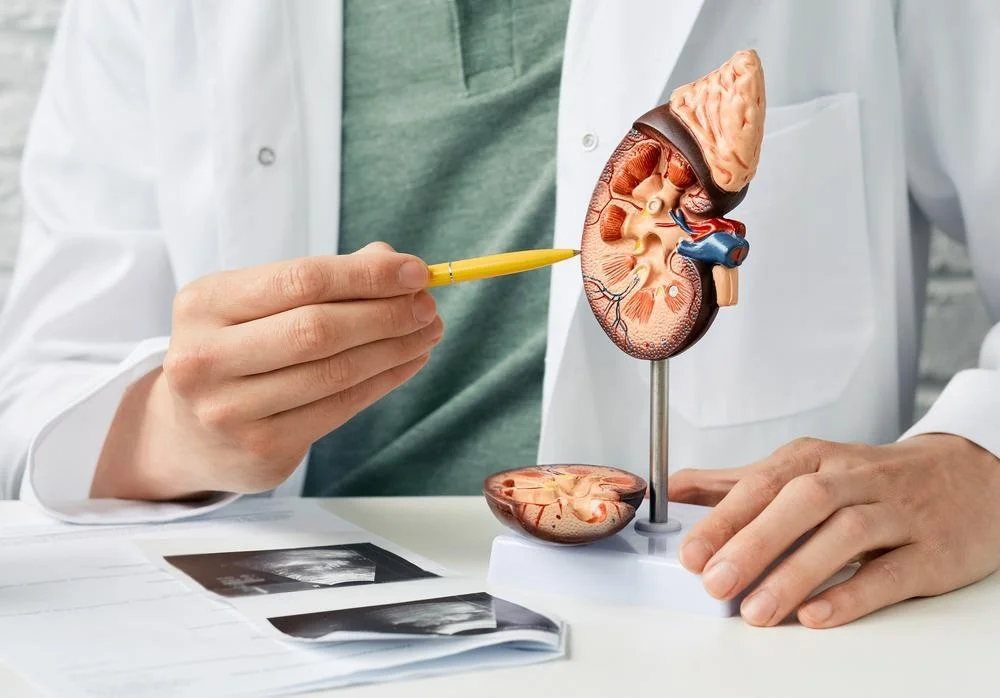Professor Iftifanus Bosan, a renowned nephrologist and lecturer at Ahmadu Bello University, Zaria, has emphasized the importance of early diagnosis through regular medical screenings to mitigate the high costs associated with kidney disease treatment.
In an interview with the News Agency of Nigeria (NAN) in Lagos on Tuesday, Bosan underscored that early detection remains the most effective strategy to reduce treatment expenses and improve patient outcomes.
Bosan criticized the exorbitant costs of kidney disease management globally, attributing them to the advanced stage at which many cases are diagnosed. He highlighted that late presentation of kidney disease, often in its fifth stage, significantly inflates treatment costs and diminishes the chances of successful intervention.
“Kidney disease treatment is universally expensive,” Bosan stated. “Whether it’s dialysis or a kidney transplant, the financial burden is substantial. Early diagnosis is crucial because it allows for intervention before the condition becomes severe and costly.
READ ALSO: Protect your Kidneys: Foods to avoid for Kidney better Health
“When detected early, the treatment is more manageable and less expensive, as it often involves controlling blood pressure and blood sugar levels, which are primary contributors to kidney disease.”
The nephrologist pointed out that, even with insurance coverage, the financial strain is often transferred to third parties, such as government bodies or insurers. “The costs are inevitable,” Bosan remarked. “However, if diseases are detected earlier, the financial and health impact can be significantly reduced.”
Bosan also warned that economic hardships in Nigeria, which make it challenging for individuals to manage their blood pressure and diabetes, could lead to a rise in kidney disease cases. Uncontrolled blood pressure and diabetes are primary risk factors for kidney failure, he explained.
To combat this, Bosan urged the public to prioritize regular health screenings and preventive measures to detect and address potential kidney issues before they escalate. He listed risk factors for kidney failure, including diabetes, hypertension, hereditary conditions, heart disease, smoking, alcoholism, glomerulonephritis, and atherosclerosis.
“There are two types of kidney failure: acute and chronic,” Bosan noted. “Kidney failure progresses through five stages, with stage one being the mildest and stage five indicating complete failure. Early-stage treatment is more affordable and effective.”
He recommended routine health checks, such as urinalysis, blood tests, and assessments of urea/creatinine levels, as well as maintaining a healthy lifestyle. “Managing blood pressure, controlling blood sugar, limiting alcohol, avoiding smoking, and maintaining a healthy weight are crucial for preventing kidney disease. Regular doctor visits and timely intervention can also prevent progression to more severe stages, potentially avoiding dialysis or transplant.”
Bosan’s insights highlight the crucial role of early detection and preventive care in managing kidney health and reducing treatment costs

 Entertainment1 week ago
Entertainment1 week ago
 Entertainment5 days ago
Entertainment5 days ago
 Comments and Issues1 week ago
Comments and Issues1 week ago
 Comments and Issues1 week ago
Comments and Issues1 week ago
 Comments and Issues1 week ago
Comments and Issues1 week ago
 Health7 days ago
Health7 days ago
 Health3 days ago
Health3 days ago
 Football7 days ago
Football7 days ago

